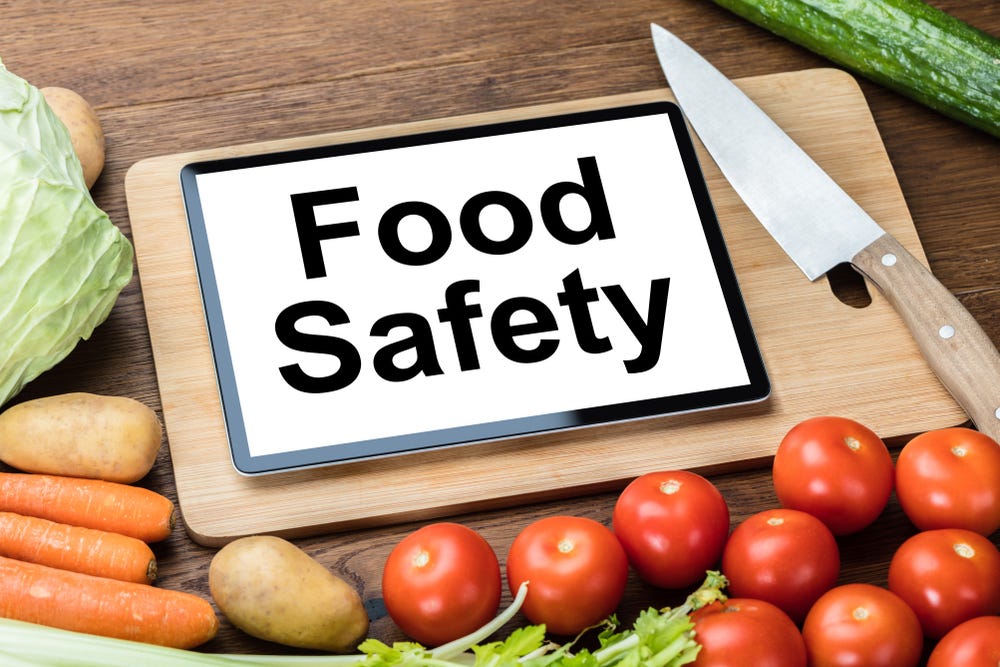Business
The Importance of Food Safety

The most fundamental part of any successful food production business is safety. The food that you produce mustn’t pose any potential health risks to consumers, and many important food safety regulations need to be adhered to.
This article will discuss why food hygiene is so important and highlight some of the steps you need to take to ensure your operations run smoothly and avoid any potential risks in the production and preparation of food in your business.
What is food safety?
Food safety is vital for maintaining and promoting the health of any person who consumes it. Food safety refers to the proper handling of food and the procedures applied during the preparation, storage and distribution of products that you are selling to consumers in the food business.
Food safety starts at the very beginning of the supply chain. From agriculture to the final product being packaged and distributed across the country, steps need to be taken to ensure that whatever product is to be consumed is free from germs and contamination that could be harmful to anyone who may eat it.
Businesses will be required to comply with strict food hygiene and safety checks. Many food safety standards are well established, and businesses will need to monitor their production processes to make sure that these standards do not slip.
Machinery such as chillers will need to be given regular maintenance checks to look out for any potential hazards or malfunctions that could seriously damage products and bring production lines to a halt. Wireless vibration sensors can help to identify minor imbalances in rotating components, for example, that if left unchecked, could cause major disruption to a business’s entire food production operation.
Major Foodborne Illnesses and Causes
Improper handling of food in the production process can have serious consequences on the quality of the products produced and in turn, put consumers at risk of illness.
Businesses that produce food need to make sure that processes such as storing chilled food at the right temperature, preventing cross-contamination, and using thermometers to ensure food is cooked right internally can all help to avoid any infectious diseases contamination the food being produced. This is particularly important when cooking with raw materials, such as chicken and pork.
Some of the most common foodborne illnesses are:
- Salmonella
- Norovirus
- E coli
- Shigella
- Clostridium perfringens
People who consume contaminated food products can often become unwell with symptoms of sickness, but in some severe cases, consuming unsafe products can prove to be fatal. That is why businesses must adhere to strict safety checks and regulations as the consequences of improper handling and production of food can seriously harm the consumers and damage a business’s credibility beyond repair.
Kenneth is a proud native of sydney, born and raised there. However, he pursued his education abroad and studied in Australia. Kenneth has worked as a journalist for almost a decade, making valuable contributions to prominent publications such as Yahoo News and The Verge. Currently, he serves as a journalist for The Hear Up, where he focuses on covering climate and science news. You can reach Kenneth at [email protected].










